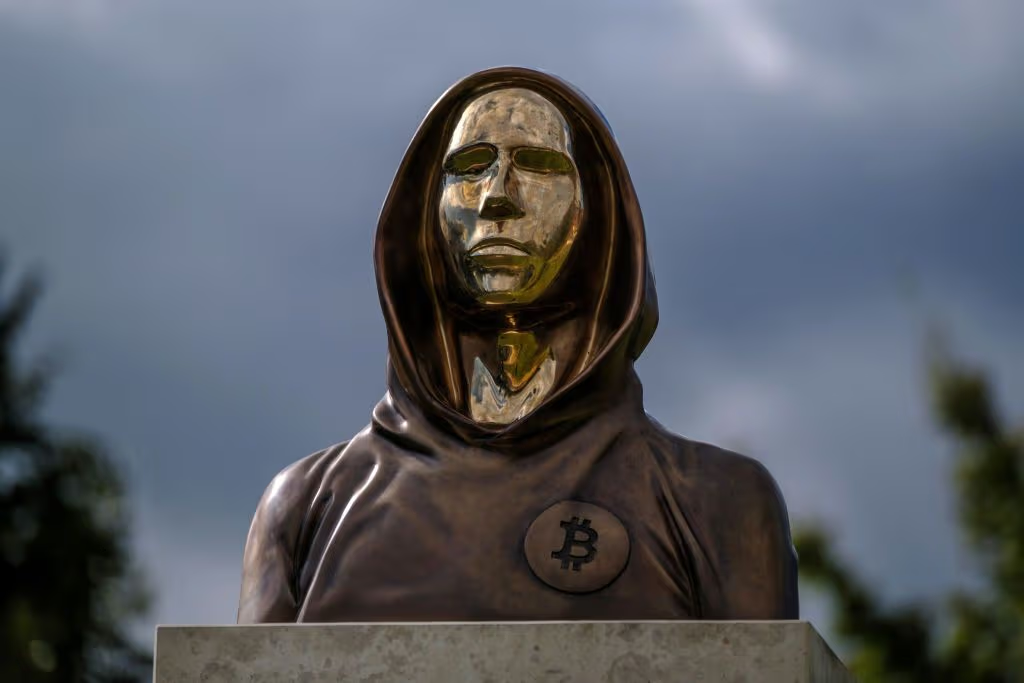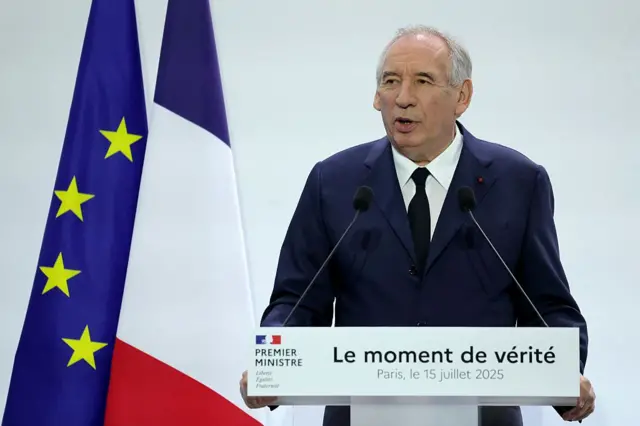Warren Buffett’s stock has been crashed since retirement announcement

Since Warren Buffett announced his retirement plans on May 3, Berkshire Hathaway’s (NYSE: BRK.A) stock price has unexpectedly lagged the broader market, despite starting the year on a strong note.
When the ‘Oracle of Omaha’ first shared his plan to step down, the S&P 500 was 5,686. Since then, the index has climbed to 5,967, a gain of about 4.9%, even amid periods of volatility.
In contrast, Berkshire Hathaway’s stock has fallen 10.2%, dropping from its 2025 high of $539 at the time of the announcement to $484.
As a result, the company has lagged behind the S&P 500 by more than 10 percentage points since Buffett revealed his retirement plans.

Why BRK stock is crashing
This sell-off highlights what many call the “Buffett premium.” This is the extra value investors have been willing to pay for years due to Buffett’s unmatched track record and skill in managing capital.
It can be argued that the market seems to be reevaluating that premium as Buffett prepares to pass on his leadership.
This decline has occurred despite Buffett’s confidence in his successor, Greg Abel, and his ability to maintain the company’s culture and long-term success. Still, investors seem to be cautious.
Interestingly, Buffett once predicted Berkshire’s stock would rise after retirement, but the opposite has occurred.
To add to the pressure, Berkshire’s first-quarter earnings were disappointing, which may have raised investor concerns. Operating earnings for the quarter fell 14% from the previous year to $9.64 billion as its insurance and railroad sectors faced significant challenges.
The decline was mainly due to weaker insurance underwriting. However, Berkshire ended the quarter with a record $347.7 billion in cash, up from $334.2 billion, as it reduced equity purchases.
Notably, Buffett did not approve share buybacks, stating no investments met the company’s rigorous valuation standards.
This growing cash reserve has sparked speculation about possible acquisitions or moves under new leadership. Others view it as a safeguard against a potential economic downturn from uncertainty triggered by the controversial trade tariffs and the geopolitical tensions in the Middle East.
Featured image via Shutterstock
Adblock test (Why?)





